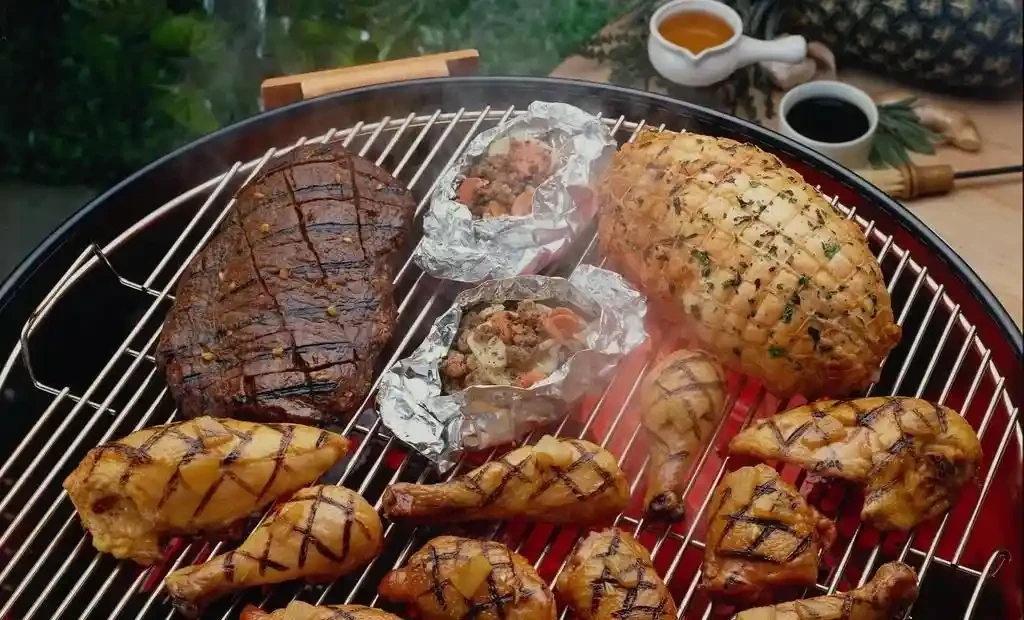Dec . 19, 2024 00:35 Back to list
concrete welded wire fabric
The Versatility of Concrete Welded Wire Fabric
Concrete welded wire fabric (WWF) has become an essential component in modern construction, valued for its strength, durability, and versatility. This material consists of a grid of steel wires that are welded together at intersections, creating a robust framework ideal for reinforcing concrete structures. In the following sections, we will explore the composition, applications, benefits, and considerations of using concrete welded wire fabric in various construction projects.
Composition and Manufacturing Process
Concrete welded wire fabric is made from high-quality steel wires, which are typically cold drawn to achieve the desired thickness. The wires are then arranged in a grid pattern, which can vary in spacing and size, depending on specific project requirements. The welding process fuses the wires at their intersections, creating a single cohesive sheet. This process not only enhances the strength of the fabric but also improves its stability under load.
Applications in Construction
One of the most common applications of concrete welded wire fabric is in the reinforcement of concrete slabs. Whether used in residential homes, commercial buildings, or industrial facilities, WWF provides excellent structural integrity, enhancing the load-bearing capacity of the concrete. Apart from floors, it is also widely used in walls, pavements, and other structural elements where additional strength is necessary.
In addition to traditional concrete applications, WWF is also prevalent in precast concrete products, such as wall panels and other prefabricated elements. The use of welded wire fabric enhances the structural performance and longevity of these components, allowing for innovative designs and faster construction timelines. Furthermore, the versatility of WWF allows it to be used in landscaping projects, such as sidewalks, driveways, and decorative concrete features.
Benefits of Using Concrete Welded Wire Fabric
The advantages of using concrete welded wire fabric in construction are numerous
1. Enhanced Strength WWF improves the tensile strength of concrete, minimizing the risk of cracking under stress or load. This added strength is crucial for structures subjected to heavy loads or environmental factors.
concrete welded wire fabric

2. Cost-Effectiveness Using welded wire fabric can lead to substantial cost savings. Its ease of installation reduces labor costs, and its durability extends the lifespan of concrete structures, leading to lower maintenance expenses in the long run.
3. Versatility Concrete welded wire fabric can be customized to meet the specific needs of a project. With a variety of wire sizes, spacing options, and forms, WWF can adapt to diverse structural requirements and architectural designs.
4. Improved Concrete Placement The grid structure of WWF facilitates more uniform concrete placement. This helps reduce the likelihood of air pockets and ensures better compaction, resulting in a denser and more durable final product.
5. Time Efficiency Due to its prefabricated nature, concrete welded wire fabric can be mass-produced and transported to construction sites readily. This streamlines the building process, allowing for quicker project completions.
Considerations When Using Concrete Welded Wire Fabric
While the benefits of concrete welded wire fabric are significant, several considerations must be taken into account. Proper engineering practices are essential to ensure that the WWF is used effectively in any given application. The correct wire gauge and spacing should match the load requirements, and reinforcement should be adequately placed within the concrete structure.
Moreover, the site conditions, environmental factors, and local building codes should be closely examined before implementing WWF. Ensuring compatibility with the specific type of concrete mix and considering long-term exposure to moisture and chemicals are critical for maintaining structural integrity.
Conclusion
Concrete welded wire fabric is a versatile and essential component in contemporary construction. Its strength, cost-effectiveness, and adaptability make it ideal for various applications, from reinforcing slabs to enhancing precast products. By understanding the benefits and considerations of using WWF, construction professionals can effectively leverage its advantages, promoting safer, quicker, and more efficient building practices. As construction technology continues to evolve, the role of welded wire fabric will likely become even more significant in the realization of innovative architectural and engineering solutions.
-
Reinforcing Mesh: Core Material of the Construction Industry
NewsJul.07,2025
-
Welded Wire Fabric Reinvented for Modern Projects
NewsJul.04,2025
-
Superiority of Stainless Steel Woven Mesh
NewsJul.04,2025
-
Key Types of Razor Wire and Their Applications
NewsJul.04,2025
-
Durable Metal Fence Types for Security
NewsJul.04,2025
-
Best Materials for Livestock Fence
NewsJul.04,2025
products.







